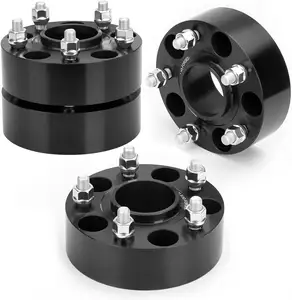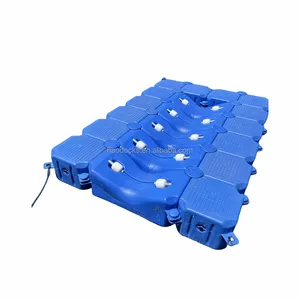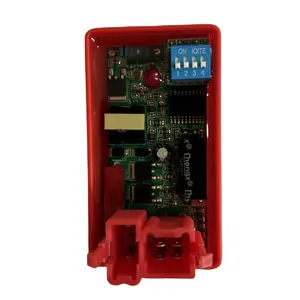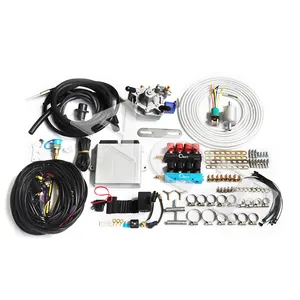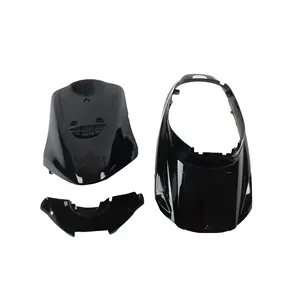Popular in your industry

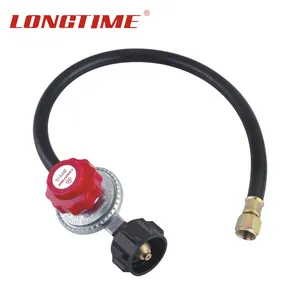

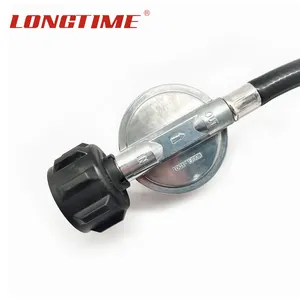
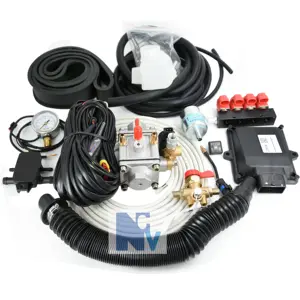






















































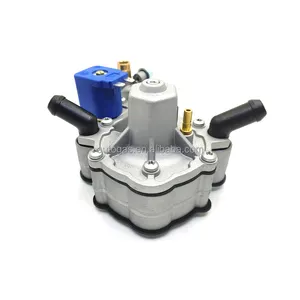




Related Searches:
























































































































Top categories
About cng regulator
Understanding CNG Regulators
Compressed Natural Gas (CNG) regulators are critical components in CNG systems, serving as the bridge between high-pressure gas storage and safe, usable fuel delivery to engines. These devices are designed to reduce and control the pressure of CNG from storage cylinders to an engine's requirements, ensuring a smooth and efficient operation.
Types and Applications of CNG Regulators
The variety of CNG regulators includes cng pressure regulators, cng gas regulators, and cng high pressure regulators, each serving a specific function within different CNG applications. From passenger vehicles to heavy-duty transportation and industrial machinery, these regulators are integral in managing fuel delivery.
Features and Materials
A cng pressure regulator is not just about pressure control; it's also about durability and compatibility with CNG. Typically constructed from materials resistant to corrosion and wear, such as stainless steel or anodized aluminum, these regulators are built to withstand the harsh conditions of CNG handling.
Advantages of Quality CNG Regulators
The advantages of using a well-designed regulator cng include improved fuel efficiency, reduced emissions, and enhanced safety. A cng fuel pressure regulator ensures that the fuel is delivered at the correct pressure, which is crucial for the optimal performance of the engine.
Working Principle of CNG Pressure Regulators
Understanding the cng pressure regulator working principle is essential for those utilizing CNG technology. These regulators operate by using a diaphragm and spring system to maintain a constant output pressure, despite variations in the input pressure from the CNG tank.
Choosing the Right CNG Regulator
Selecting the appropriate cng pressure reducer or regulator is vital for any operation. Factors to consider include the type of application, required pressure settings, flow rates, and compatibility with the specific CNG system in use. It's important to consult with a knowledgeable supplier to find a regulator that meets the operational needs without compromising on safety or efficiency.

